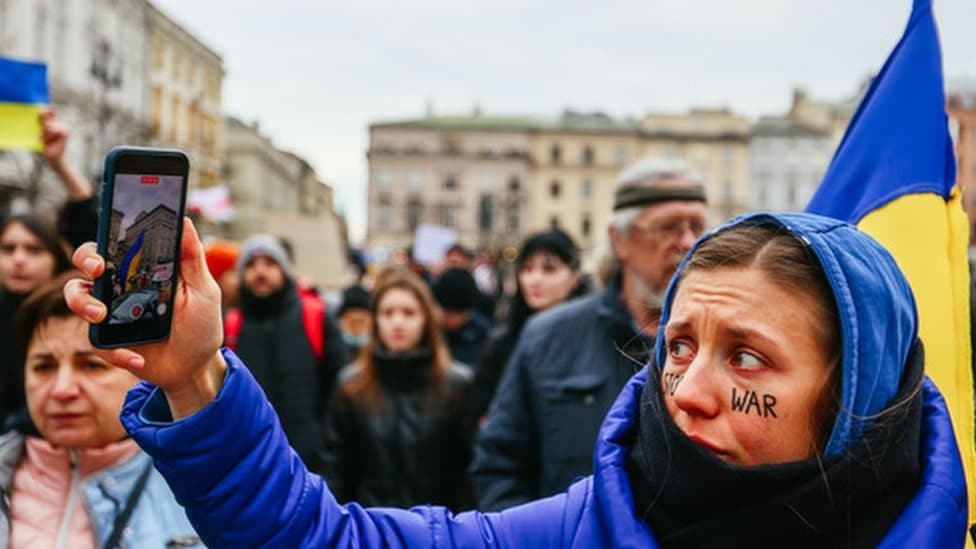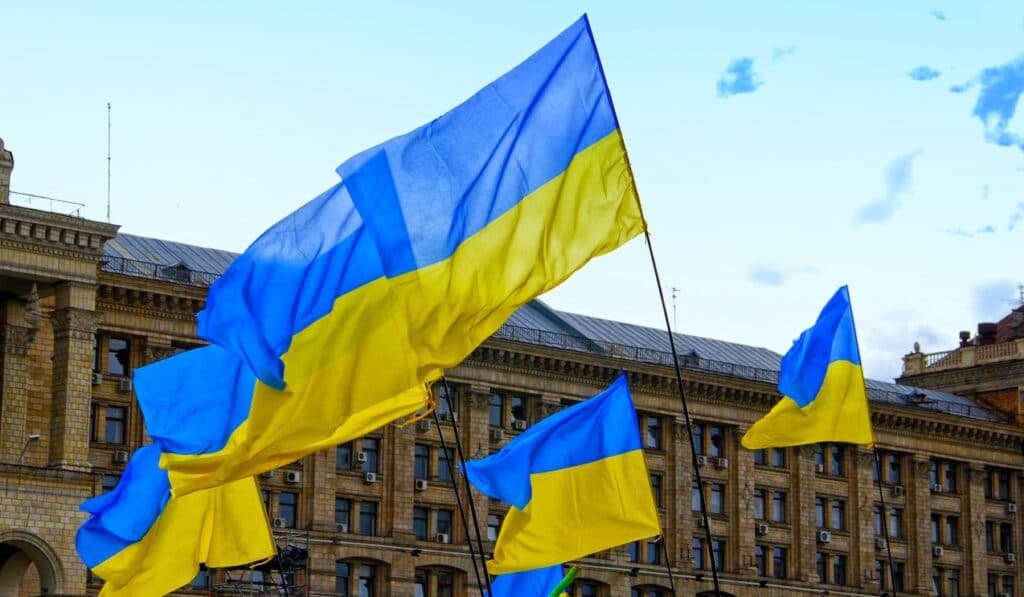The Russian invasion of Ukraine has given rise to a technological war, too, with the Tech companies from all over the world called to intervene. In recent days, the Ukrainian government and beyond has called for interventions to stop disinformation and help the population as much as possible. But also from the Russian front there have been several requests (many rejected to the sender). And many companies, from Meta a Googlepassing through Twitter e Telegramthey had to deal with their own enormous power, including geopolitical ones.
Tech companies part of a war that is also technological
Last Friday the Kyiv government has contact Apple, Meta e Google to block some of their services within their territory. Both for strategic purposes: the maps of Apple and Google could show the movements of the troops with the traffic functions in real time. But also for contrastare le tante fake news, with which Moscow wants to scare and attack the Ukrainian people.
At the same time, the app Telegram he had to close accounts that spoke of the war due to growing disinformation. Monday Twitter has begun to tag tweets from Russian media outlets, as well as Facebook, with restrictions on major Russian communication channels.
 Credit: BBC
Credit: BBC
A thorny situation
A situation where social and tech companies have the opportunity to play a fundamental role in geopolitics, as was not the case since the so-called Arab Springs of 2011. Above all, after a period of great disenchantment on the part of politics and users, with Big Tech increasingly confronted with the problems of privacy and monopoly.
As the New York Times reports, business executives make the decisions about which services to suspend and how to react. But I have to play a complicated balance: there is also there possibility that cutting services blocks the protests of Russian citizens and their efforts to combat Kremlin propaganda.

Furthermore, some commentators point out that Meta and Google have not banned the media that foment Moscow propaganda, limiting themselves to blocking the monetization of their videos. And as the former European parliamentarian and professor of Cyber Policy at Stanford explains Marietje Schaake: “The interventions under this enormous pressure emphasize that not much has been done for a long time.”
On the other hand, after the founder of Telegram Pavel Durov announced the closure of the channels that talk about the war in Ukraine, many users have complained that they can only receive direct information through that platform. Durov therefore decided to do reverse gear.
The companies are facing pressure from the ‘western bloc’ on the one hand and Russia on the other. Not only to block fake news but also to “go on the attack”. The Ukrainian vice premier asked Meta, Apple, Netflix and Google to restrict their services also in Russia, to isolate the nation e block internal propaganda.
In this difficult situation to orchestrate, where the needs of the populations involved are an indisputable priority but also difficult to guarantee, only one thing seems certain. All the political world recognizes the enormous power of tech companieswhich have become a fundamental part of the conflict in Ukraine.















Leave a Reply
View Comments